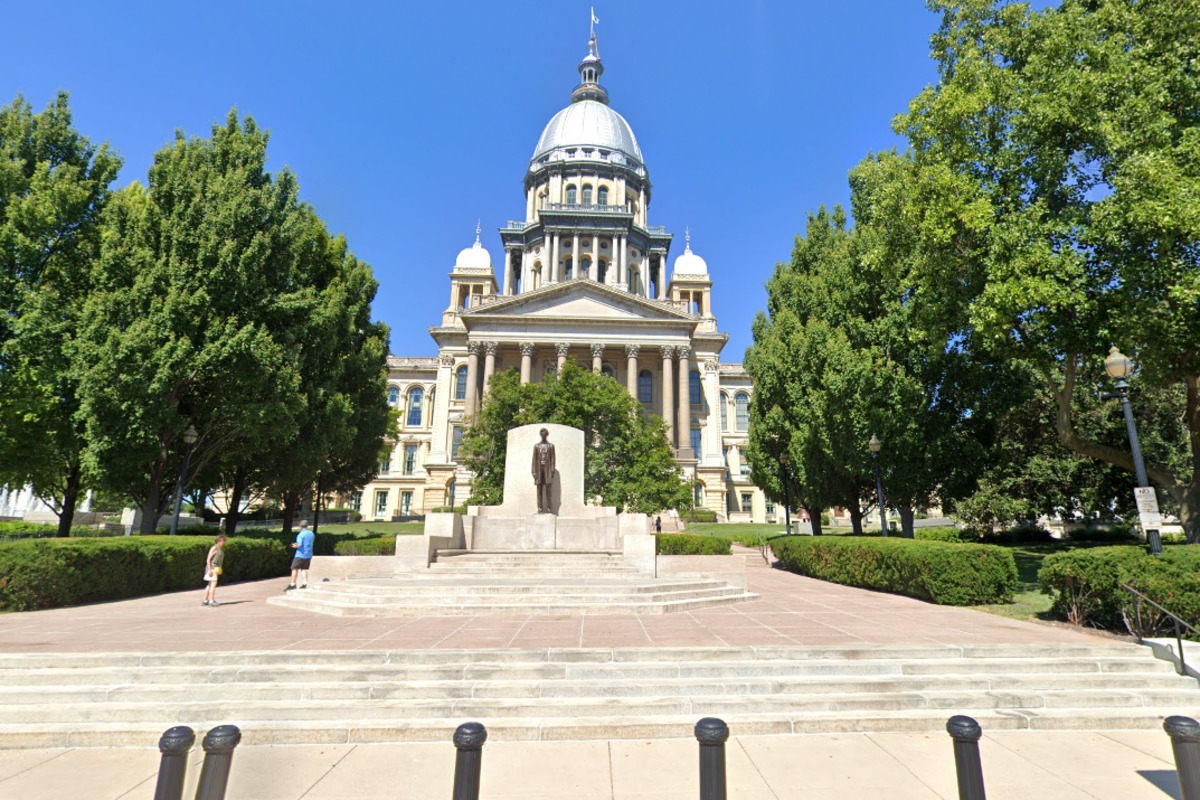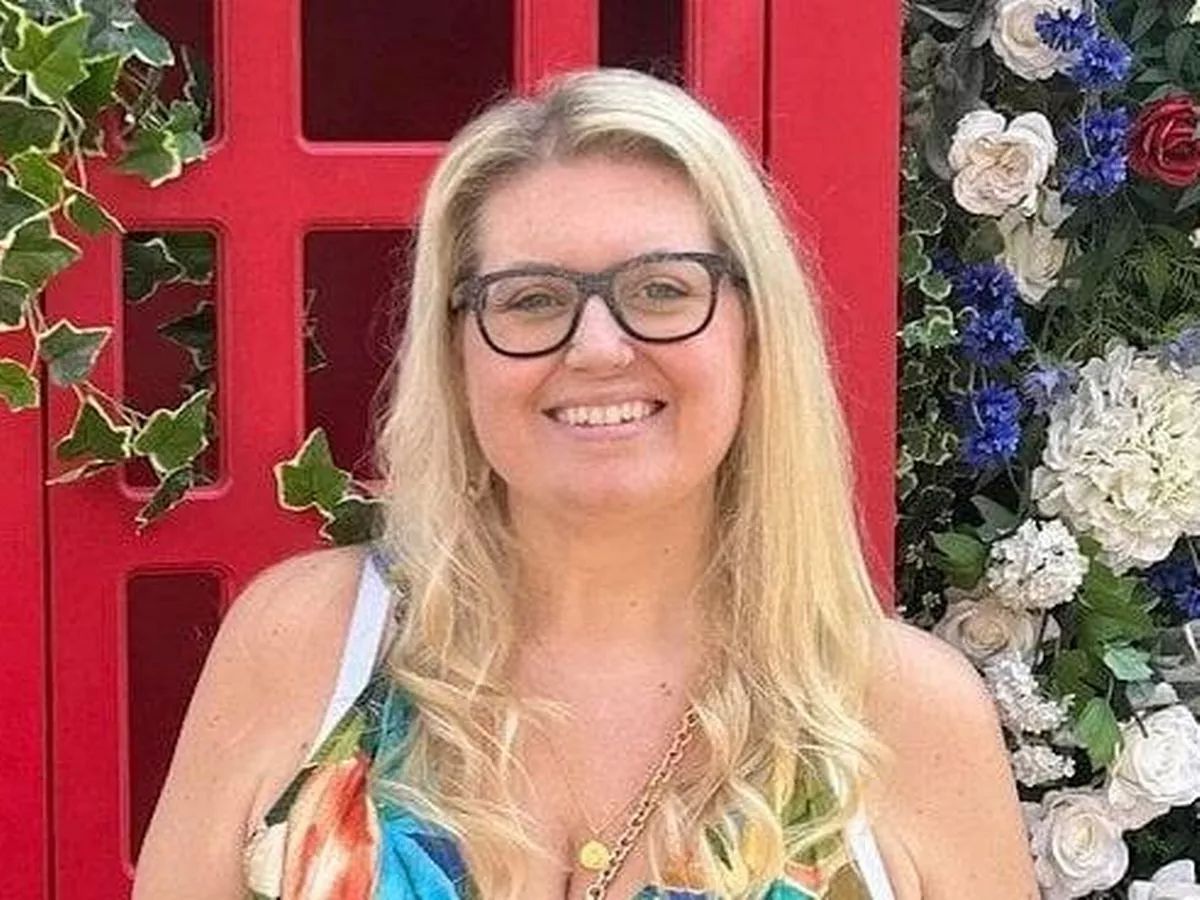
Seven years ago, rapper Meek Mill was released from prison following an outcry that turned into a social movement around prison reform. Now he’s the face of REFORM Alliance, a nonprofit he co-founded alongside his friends Jay-Z and Fanatics CEO and founder, Michael Rubin.
“I never thought I would become like the face of reform,” Mill told NBC News on Saturday ahead of the nonprofit’s fundraiser at the Ocean Casino Resort in Atlantic City. “I come from the other side of America. We always talk about it, but just climbing through poverty, climbing through being sent in and out of prison.”
Since his release from prison in 2018, Mill has been focused on changing laws around probation and parole.
For more on this story watch Top Story with Tom Llamas tonight at 7 p.m. ET/6 p.m. CT on NBC News Now.
Mill, Jay-Z and Rubin brought together some of the biggest names in Hollywood Saturday to raise awareness and money for their mission at their second Casino Night: Beyoncé, DJ Khaled, Machine Gun Kelly, New England Patriots owner Robert Kraft, Kevin Hart, Ivanka Trump, Cameron Diaz, and even a performance by The Weeknd. Following a live auction and a blackjack tournament, the celebrities raised more than $20 million.
The funds will be used toward promoting the passage of legislation across the country to reform overly restrictive probation and parole laws. To date, the organization has helped pass 22 laws in 12 states.
In 2022, the nonprofit was behind a bill in Florida, S.B. 752, that was eventually enacted by Gov. Ron DeSantis to allow people to earn education and work credits that could be used to shorten their probation terms. Nearly 150,000 people were expected to benefit from this bill over five years, REFORM Alliance said at the time.
Now the group is focused on the White House and getting support from President Donald Trump to pass a bipartisan bill called the Safer Supervision Act, targeted at the 120,000 Americans under federal supervision.
“Last year, we introduced a bipartisan bill that would create a pathway to people earning their way off of supervision, and also get rid of some of these technicalities, the technical violations make it where probation officers could really focus their resources on the most serious cases,” REFORM Alliance CEO Jessica Jackson said. “We’re very excited. It’s taken about four years of work on that bill.”
The organization has been working to put limits on how many years Americans can be under community supervision and restrict how and when someone can be sent back to prison for a technical violation.
“A technical violation is when somebody breaks a rule of their probation,” Jackson said. “So when you’re first put on probation, the judge reads a long list of conditions that includes not being able to be around other people with a criminal record, having to make all of your meetings with your probation officer, having to find a job … not being able to leave your county or your jurisdiction where the crime was committed.”
In Mill’s case, popping a wheelie on a motorcycle was considered a violation of his probation in Pennsylvania stemming from a drug and gun charge from 2008, a decade earlier. It landed him in prison for five months and ignited a national movement.
“I just told Mike [Rubin] to come to court and see how the system actually operates. And he left with tears in his eyes,” Mill said.
Rubin said the system seemed to be set up for people to fail.
“Someone should not be able to stay on probation and parole for an extended, long period of time to where, if they make the smallest of mistakes, not a crime, they get sent back to prison,” Rubin said.
Mill was released from prison in 2018 after the Pennsylvania Supreme Court ordered his immediate release.
For Meek, it’s a moment to reflect on how far he’s come and how many people he’s been able to help.
“It’s a culture shock coming from just growing up in the ghettos of America and trying to become something with yourself,” Mill said. “You know, I made music and making it out of the ghetto and becoming a superstar in music and be able to provide for my family was a dream of mine, but this was an extra legacy, a dream that just came about that you couldn’t really fathom.”



